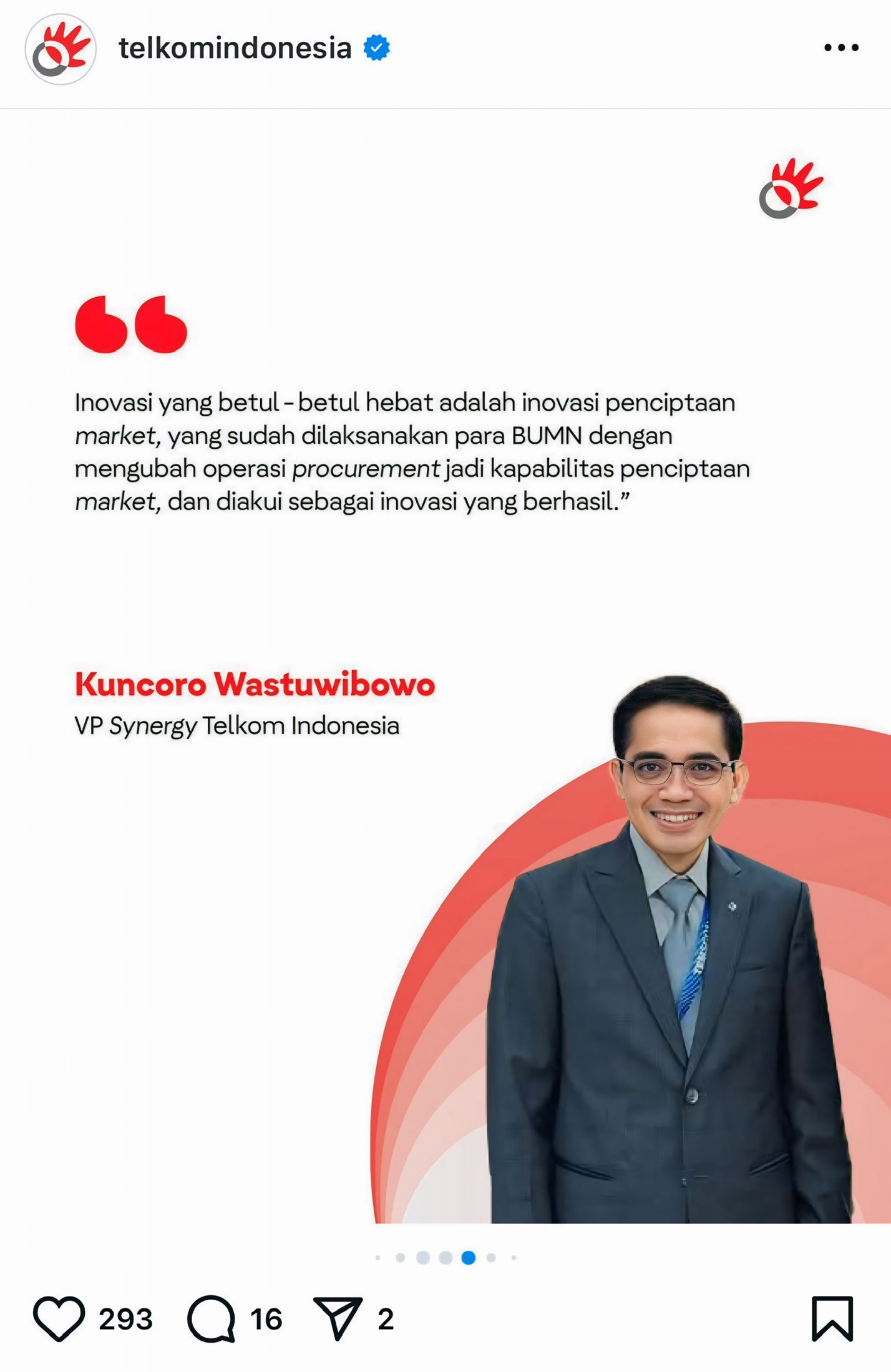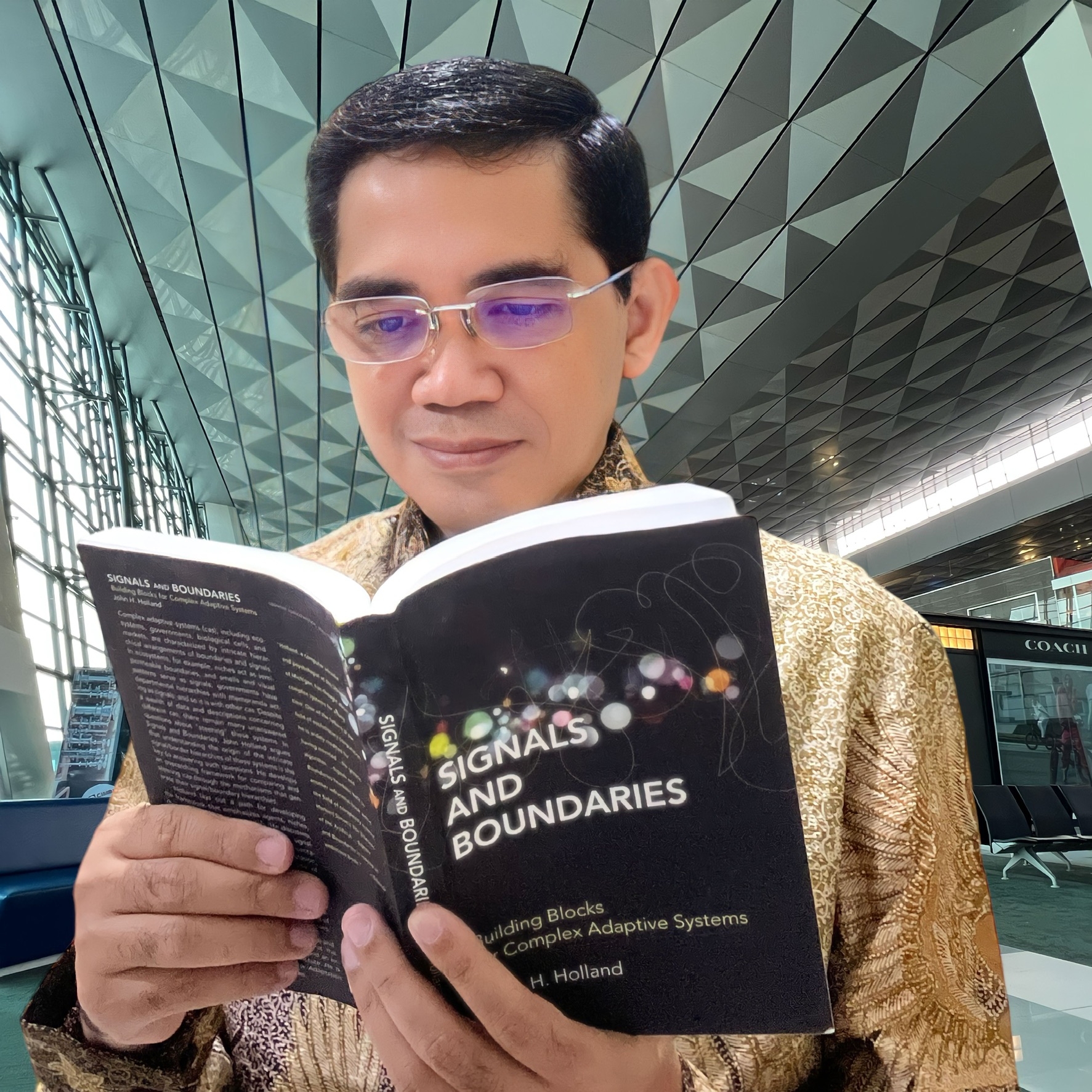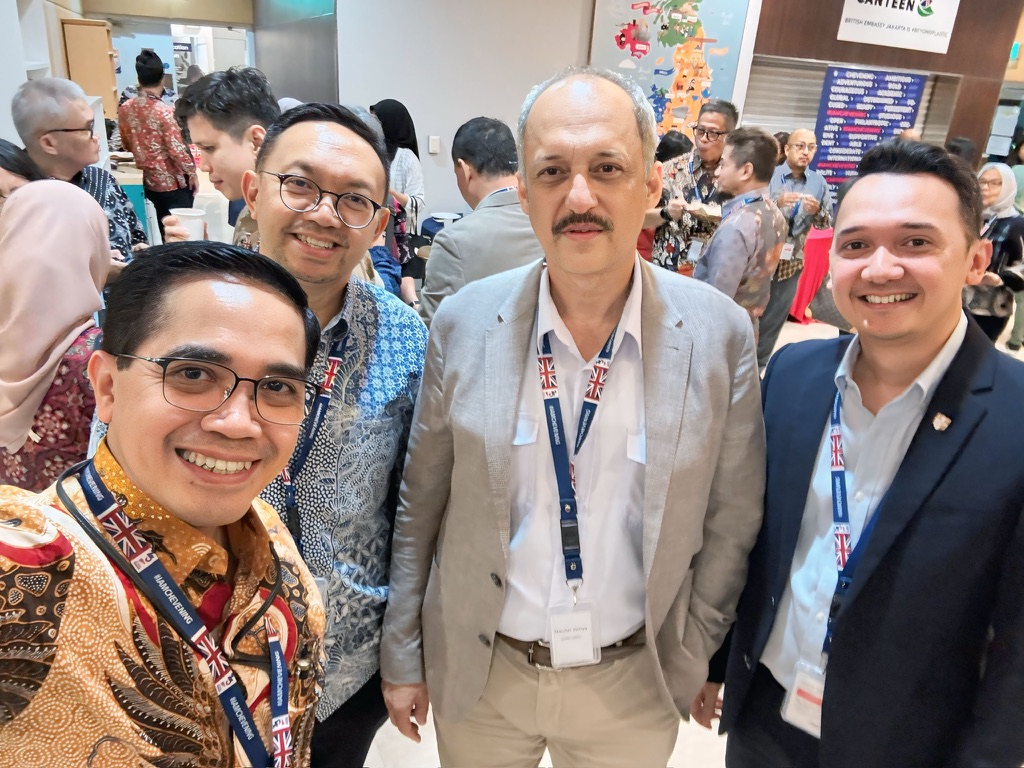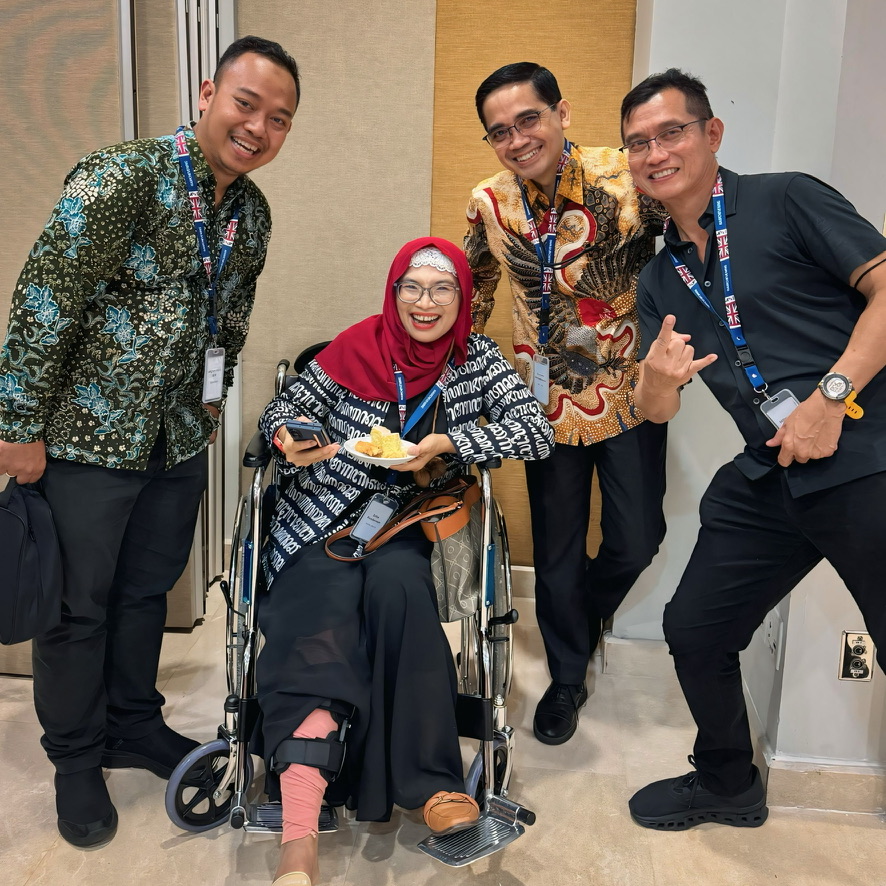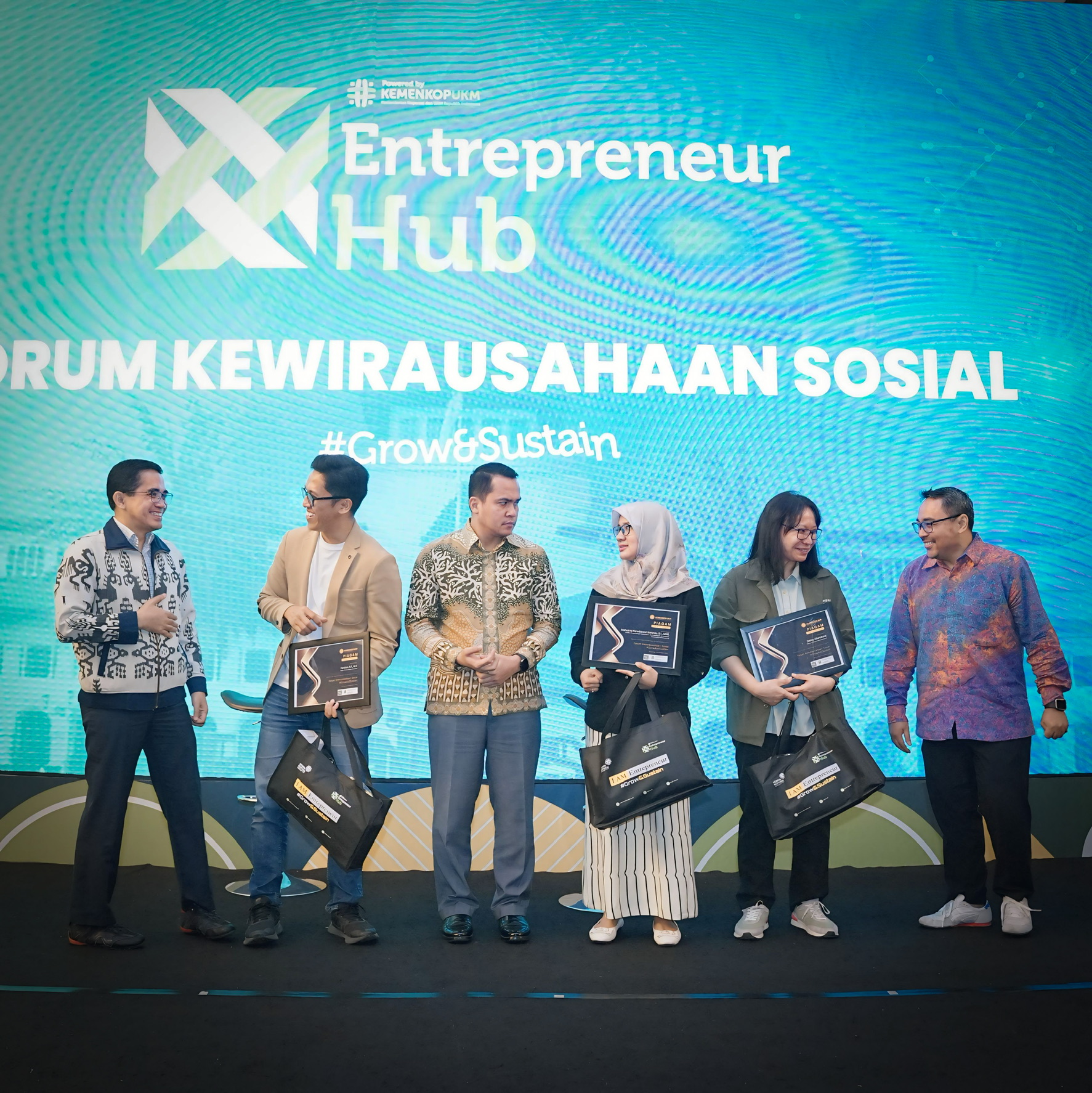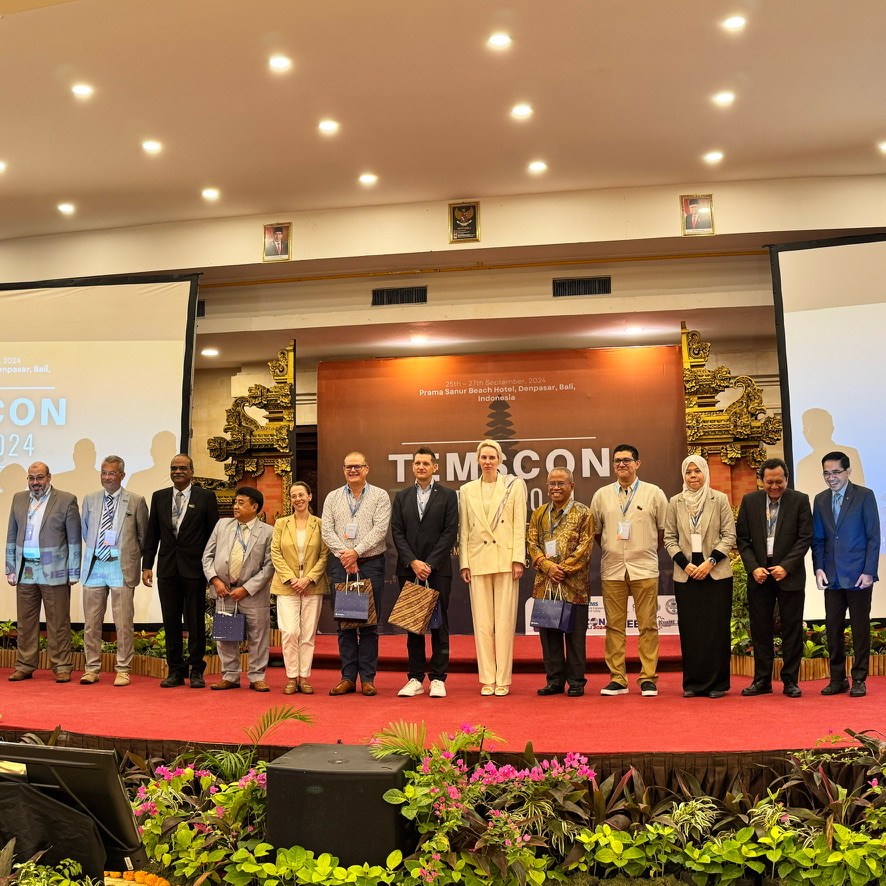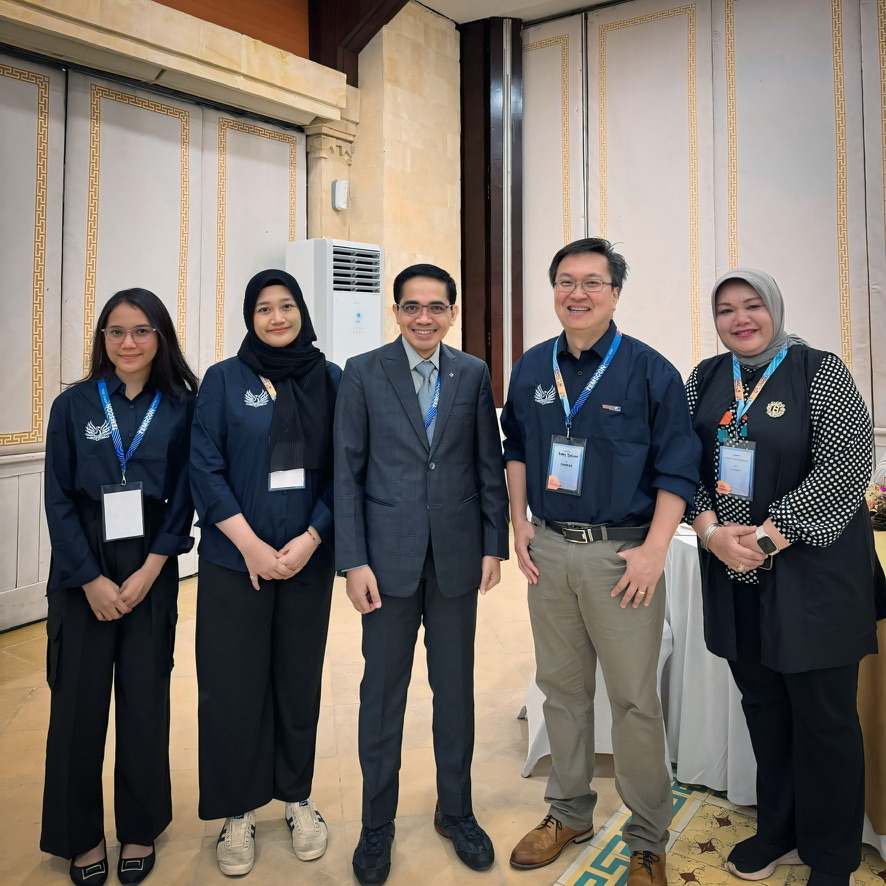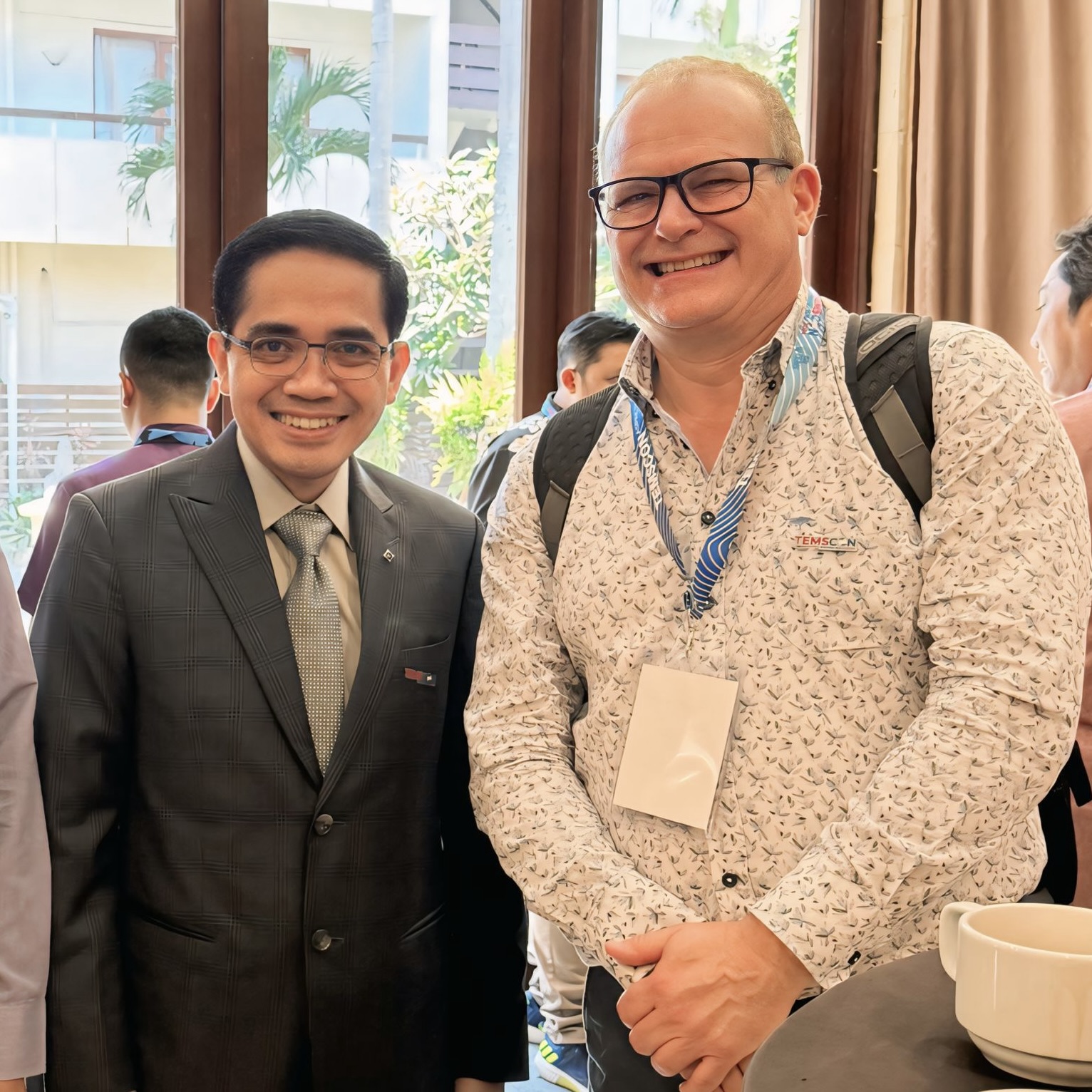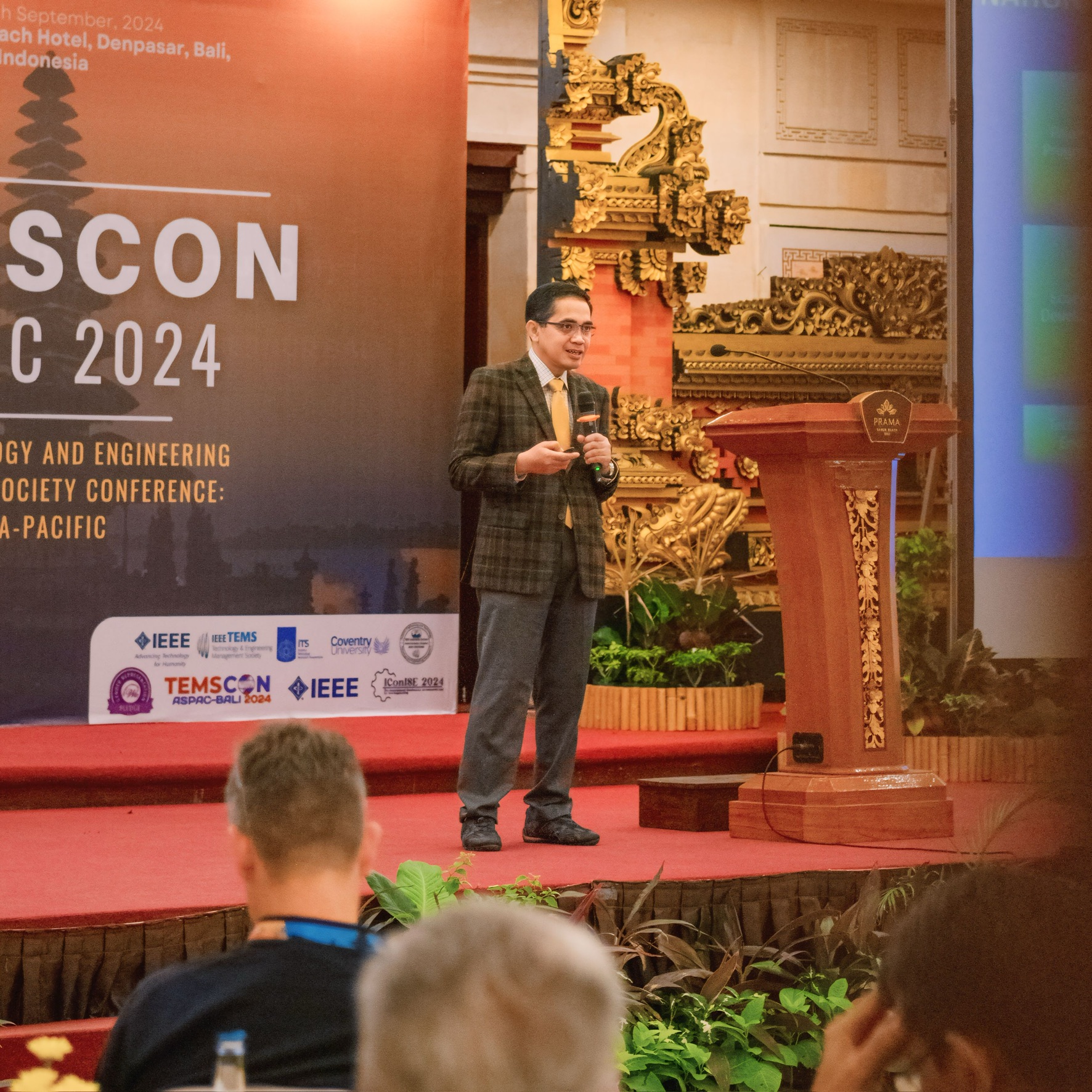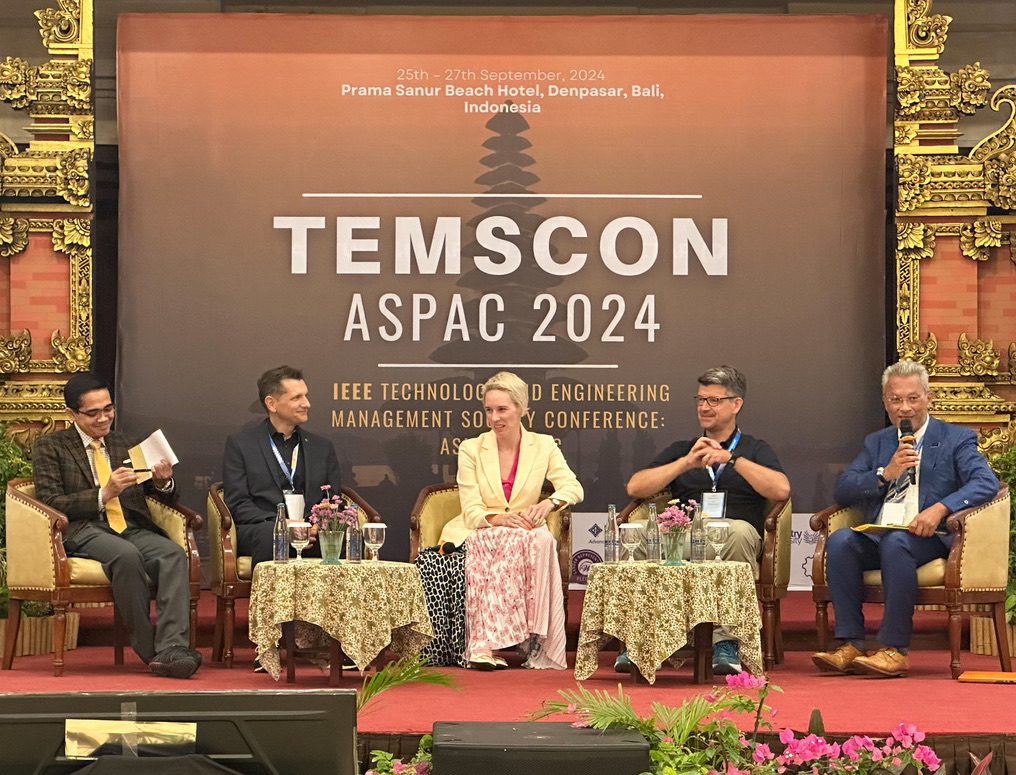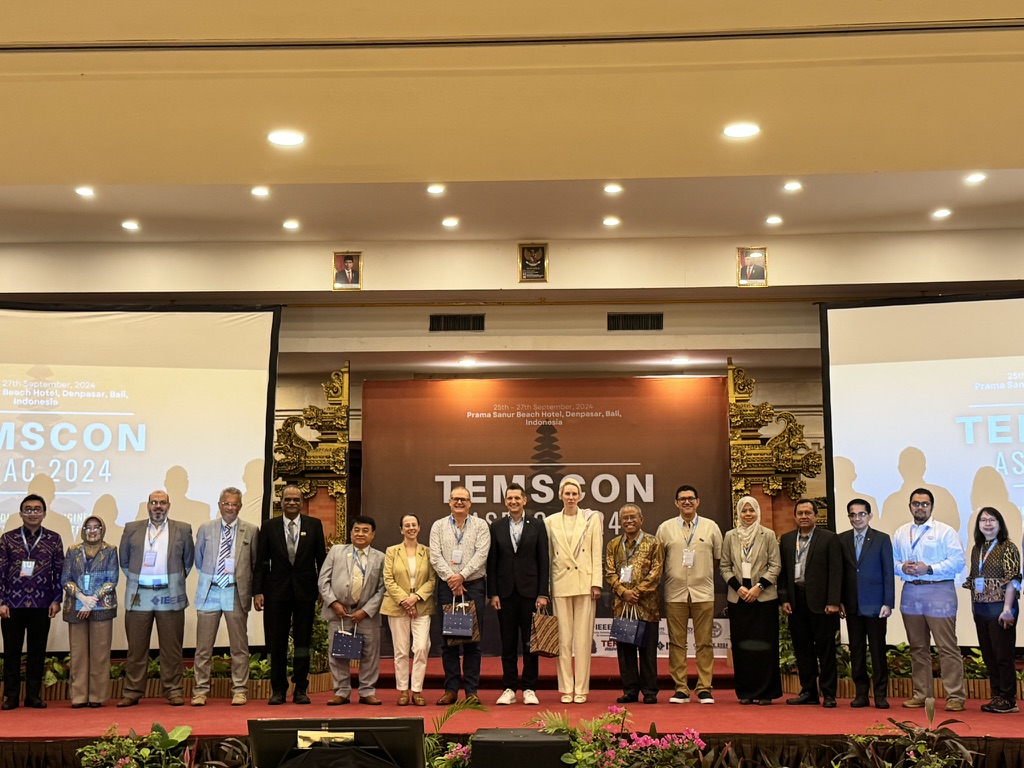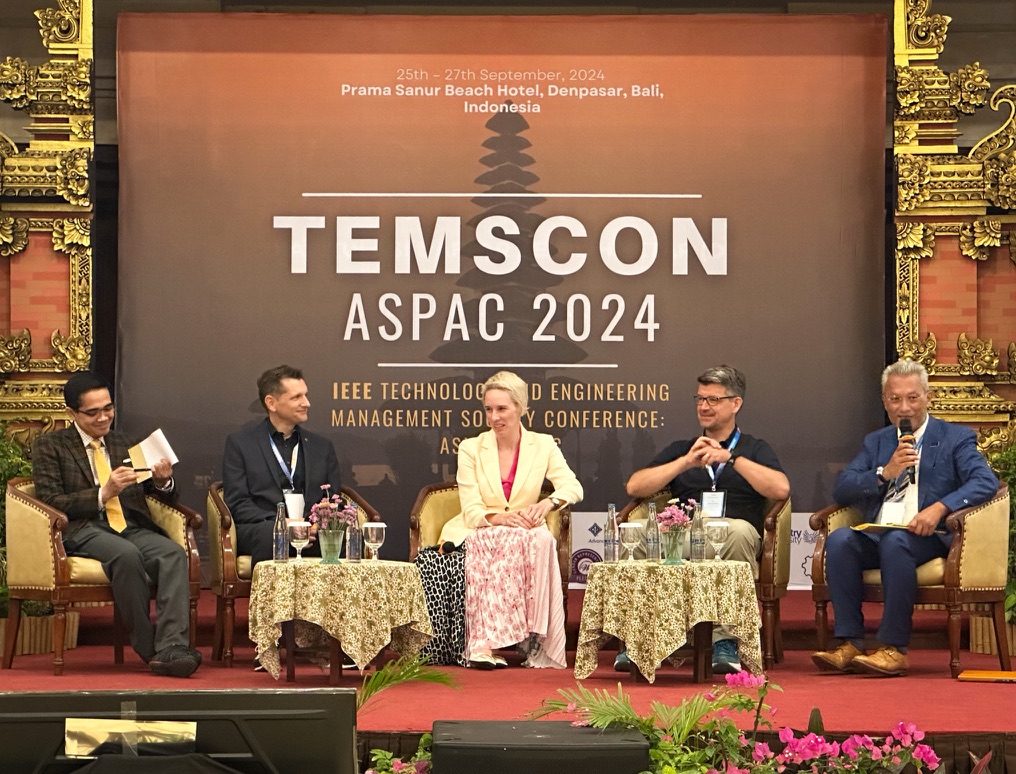Kopi arabika tumbuh secara optimal di dataran tinggi dengan suhu antara 18ºC — 22ºC dan curah hujan yang relatif stabil. Tanaman ini membutuhkan ketinggian di atas 1000 meter diatas permukaan laut, tanah kaya bahan organik, dan naungan alami pohon-pohon peneduh. Namun kondisi-kondisi tersebut kian sulit ditemukan akibat perubahan iklim. Suhu di banyak wilayah penghasil kopi terus meningkat, menggeser zona tanam ke wilayah yang lebih tinggi yang makin menyempit. Cuaca pun kian tak menentu: musim hujan datang lebih awal atau lebih lama dari biasanya, dan serangan hama seperti karat daun (coffee leaf rust) serta penggerek batang kopi makin sering terjadi, karena suhu hangat mempercepat siklus hidup patogen tersebut.
Para pemulia tanaman melakukan antisipasi dengan mengembangkan varietas kopi yang lebih tahan terhadap tekanan iklim dan penyakit, tetapi tetap memiliki mutu rasa yang mendekati arabika murni. Varietas Starmaya misalnya, adalah hasil persilangan antara Marsellesa (varietas tahan penyakit dari keturunan Timor Hybrid) dan varietas lainnya yang kemudian diperbanyak secara generatif menggunakan indukan steril. Starmaya menjadi salah satu kopi hibrida pertama yang dapat diperbanyak dengan biji dan bukan hanya dengan teknik stek atau cangkok, sehingga memudahkan petani kecil mendapatkannya. Ruiru 11 dan Batian, dua varietas unggulan dari Kenya, dikembangkan melalui persilangan berulang dan seleksi antar generasi, memadukan ketahanan terhadap coffee leaf rust dan nematoda dengan rasa mendekati varietas SL28 dan SL34 yang legendaris. Ketiganya kini menjadi andalan dalam banyak program adaptasi iklim, meskipun tetap menghadapi tantangan untuk mempertahankan atau bahkan memperkaya mutu rasa yang menjadi jantung budaya kopi arabika.
Inovasi lain terjadi di sisi pengelolaan lahan, melalui pendekatan pertanian regeneratif, yaitu menghidupkan kembali tanah dan ekosistem di sekitarnya. Petani berprakarsa menanam pohon penaung yang juga berguna secara ekonomi seperti alpukat, nangka, atau lamtoro; mempraktikkan pengomposan sendiri dari kulit kopi dan limbah organik; menggunakan tanaman penutup tanah (cover crops) seperti kacang-kacangan untuk menahan erosi; dan mengatur sistem air agar tanah tetap lembap di musim kering. Selain untuk hanya menjaga kesehatan tanaman kopi, cara ini juga meningkatkan keanekaragaman hayati dan menurunkan suhu di kebun.
Banyak praktik pertanian regeneratif yang dianggap baru justru menghidupkan kembali prinsip-prinsip leluhur tentang keseimbangan dan kelestarian. Kopi menjadi cermin hubungan manusia dengan alam, ilmu, dan harapan. Di Indonesia, terdapat contoh-contoh, misalnya bagaimana petani di Flores, Gayo, atau Toraja menyikapi perubahan iklim.

Di Gayo, Aceh Tengah, kopi arabika tumbuh pada ketinggian 1.200 hingga 1.600 meter, dengan tanah vulkanik dan suhu yang dulu ideal. Namun kini, petani menghadapi ketidakpastian panen akibat pergeseran musim dan tingginya curah hujan pada waktu yang tidak terduga. Serangan hama seperti penggerek buah juga makin sering. Petani Gayo merespons dengan memperluas agroforestri: kebun kopi diselingi tanaman penaung produktif, dan semakin banyak yang menghindari pupuk kimia berat. Koperasi di sana tidak hanya berfungsi sebagai pengumpul hasil, tetapi juga menjadi pusat edukasi fermentasi kopi, termasuk proses honey dan anaerobic fermentation yang dulu hanya dikenal di Amerika Latin. Banyak petani mulai memilih proses ini karena dapat menaikkan nilai jual dan membuat kopi Gayo tampil berbeda di mata pasar luar negeri.
Sementara itu di Toraja, Sulawesi Selatan, kopi tumbuh pada ketinggian 1.400 hingga 1.800 meter di kawasan berbukit dan diselimuti kabut pagi. Masyarakat setempat secara turun-temurun telah mempraktikkan sistem pertanian yang menjaga keberlanjutan lahan. Namun beberapa tahun terakhir, konversi hutan untuk pertanian lain dan tekanan ekonomi menyebabkan sebagian kawasan kehilangan pohon pelindungnya. Hasilnya: suhu naik, serangan hama meningkat, dan produktivitas menurun. Untuk menjawab ini, banyak petani Toraja kini menanam kembali pohon-pohon penaung, mengatur ulang saluran air lereng, dan berupaya mempertahankan shade-grown coffee sebagai identitas. Di sisi pascapanen, fermentasi semi-basah khas Toraja—yang biasanya dilakukan secara tradisional—mulai dikaji ulang dan disempurnakan dengan kontrol suhu dan waktu, demi menghasilkan rasa unik yang lebih konsisten dan bersaing di pasar specialty.

Di Flores, terutama wilayah Bajawa dan Manggarai, kopi arabika ditanam di ketinggian antara 1.200 hingga 1.500 meter, di bawah naungan hutan hujan kecil dan lereng vulkanik Gunung Inerie. Namun dalam sepuluh tahun terakhir, wilayah ini makin sering dilanda kekeringan ekstrem dan hujan deras yang datang tiba-tiba. Tanah mulai kehilangan kesuburan di beberapa tempat, terutama yang tidak dijaga dengan baik. Para petani muda di Flores mulai belajar membuat kompos cair dari limbah rumah tangga, menanam tanaman pengikat nitrogen seperti kacang tanah di antara kopi, serta menggunakan teknik terasering kecil untuk menahan air hujan. Pelatihan yang dilakukan oleh organisasi mitra dan koperasi lokal juga memperkenalkan pendekatan berbasis komunitas: bagaimana desa bisa mengembangkan branding kopi tersendiri dengan Indikasi Geografis, mengelola kebun secara kolektif, dan bahkan menyambut wisatawan yang ingin belajar langsung dari petani.
Ancaman iklim merupakan pemicu bagi kita untuk meninjau ulang cara bertani dan menghargai kopi. Kegiatan yang lengkap, meliputi riset genetika hingga pemeliharaan kearifan lokal akan membantu kopi Indonesia bertahan dan tumbuh, bersama semangat hidup yang tumbuh dari negeri perjuangan ini.





